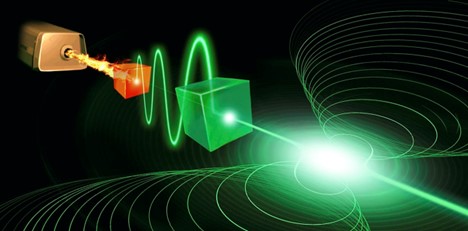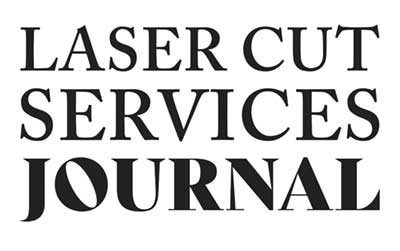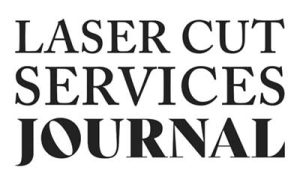
Laser technology has a wide range of applications across various industries and fields due to its unique properties of coherence, monochromaticity, directionality, and intensity. Here are some notable laser applications:
- Medicine:
- Laser Surgery: Lasers are used in various surgical procedures, including eye surgeries (LASIK), cosmetic surgeries, and the removal of tumors or lesions. Laser surgery is often less invasive and leads to quicker recovery times compared to traditional methods.
- Dental Procedures: Lasers are used in dental treatments for tasks like cavity removal, teeth whitening, and gum surgeries.
- Skin Treatments: Lasers are employed for removing tattoos, treating acne scars, and reducing wrinkles.
- Communications:
- Fiber Optics: Lasers are crucial in telecommunications for transmitting data over long distances through fiber optic cables. They ensure the data signal remains strong and coherent, allowing for high-speed internet and clear voice communication.
- Manufacturing and Material Processing:
- Cutting and Welding: Lasers are used to cut and weld various materials, including metals, plastics, and ceramics. The precision and intensity of laser beams make them ideal for intricate cutting and joining processes.
- Engraving and Marking: Lasers can etch designs, text, and codes onto various materials, often used for branding, personalization, and product traceability.
- Additive Manufacturing: Also known as 3D printing, lasers are used to selectively solidify or fuse materials layer by layer to create complex structures.
- Entertainment and Display:
- Laser Light Shows: Lasers are used to create visually stunning light shows in concerts, events, and theme parks due to their ability to create intricate patterns and vivid colors.
- Projectors: Laser projectors are becoming popular in home theaters and commercial settings due to their longer lifespan, better color accuracy, and brightness.
- Research and Scientific Applications:
- Spectroscopy: Lasers are used to analyze the composition of materials by studying the interaction between light and matter, providing valuable insights into chemical and physical properties.
- Particle Acceleration: High-power lasers are used to accelerate particles to extremely high energies for various research purposes, including studying fundamental particles and nuclear reactions.
- Defense and Security:
- Laser Guidance: Lasers are used to guide munitions and missiles with high precision.
- Lidar: Laser-based radar systems, known as lidar, are used for remote sensing, 3D mapping, and object detection, notably in autonomous vehicles.
- Environmental and Remote Sensing:
- Atmospheric Studies: Lasers can be used to remotely measure atmospheric conditions and pollutants, aiding in climate and environmental research.
- Remote Sensing: Lasers are used for distance and topographical measurements, such as in surveying and mapping.
These are just a few examples of the many applications of laser technology. The versatility and precision of lasers continue to drive innovation and advancements across various industries, making them an indispensable tool in modern society.

